A Journey to the Summit: Unveiling the Location of Mount Fuji on the Map
Related Articles: A Journey to the Summit: Unveiling the Location of Mount Fuji on the Map
Introduction
In this auspicious occasion, we are delighted to delve into the intriguing topic related to A Journey to the Summit: Unveiling the Location of Mount Fuji on the Map. Let’s weave interesting information and offer fresh perspectives to the readers.
Table of Content
- 1 Related Articles: A Journey to the Summit: Unveiling the Location of Mount Fuji on the Map
- 2 Introduction
- 3 A Journey to the Summit: Unveiling the Location of Mount Fuji on the Map
- 3.1 Mount Fuji’s Geographic Coordinates: A Precise Location
- 3.2 A Visual Guide to Mount Fuji’s Location
- 3.3 Navigating the Map: Understanding the Surrounding Landscape
- 3.4 Mount Fuji’s Influence on the Surrounding Region
- 3.5 Mount Fuji’s Cultural Significance: A Symbol of Japan
- 3.6 Climbing Mount Fuji: A Journey of Exploration and Self-Discovery
- 3.7 Exploring Mount Fuji: A Variety of Activities
- 3.8 FAQs: Understanding Mount Fuji’s Location
- 3.9 Tips for Visiting Mount Fuji
- 3.10 Conclusion
- 4 Closure
A Journey to the Summit: Unveiling the Location of Mount Fuji on the Map
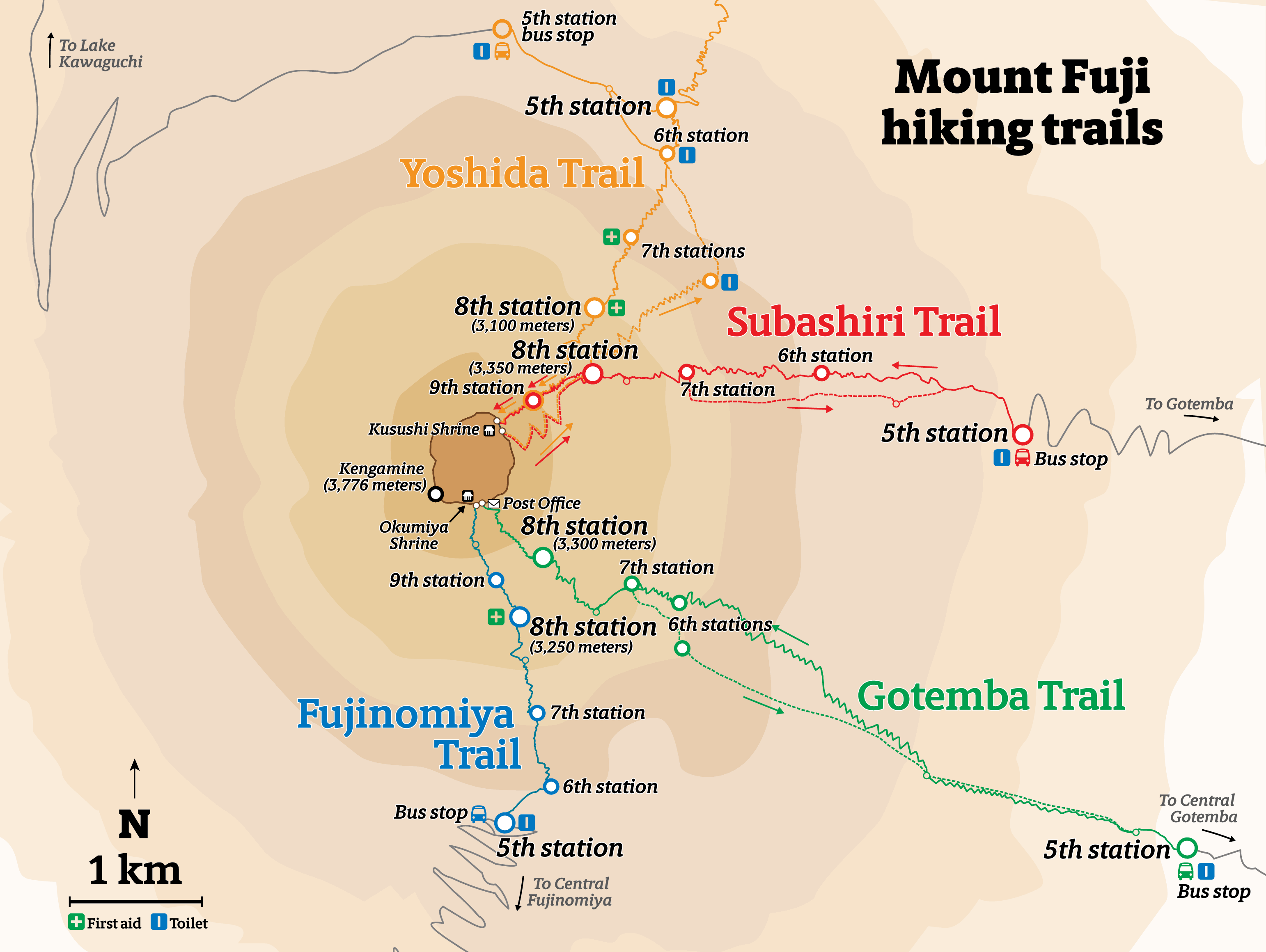
Mount Fuji, Japan’s iconic and revered symbol, stands as a majestic testament to the country’s natural beauty and cultural significance. Its snow-capped peak, rising above the horizon, has captivated travelers and artists alike for centuries. Understanding its precise location on the map provides a crucial starting point for any journey to experience its grandeur firsthand.
Mount Fuji’s Geographic Coordinates: A Precise Location
Mount Fuji, an active stratovolcano, sits at the confluence of three prefectures: Yamanashi, Shizuoka, and Kanagawa. Its geographic coordinates are 35.3606° N, 138.7314° E, pinpointing its position in the heart of Japan’s Honshu Island. This location places it approximately 100 kilometers southwest of Tokyo, offering a convenient journey for visitors from the capital city.
A Visual Guide to Mount Fuji’s Location
Visualizing Mount Fuji’s location on a map reveals its central position on Honshu Island, Japan’s largest island. It lies within the Fuji-Hakone-Izu National Park, a vast expanse of natural beauty encompassing volcanic landscapes, serene lakes, and verdant forests. The national park’s diverse ecosystem provides a rich tapestry of natural wonders, offering opportunities for hiking, camping, and exploring the surrounding areas.
Navigating the Map: Understanding the Surrounding Landscape
To fully grasp Mount Fuji’s location, it is crucial to understand the surrounding landscape. To the north, the majestic mountain overlooks the sprawling metropolis of Tokyo, offering a breathtaking view from the city’s skyscrapers. To the south, Mount Fuji dominates the picturesque landscape of Lake Kawaguchi, a popular destination for its serene beauty and panoramic views. The mountain’s iconic silhouette is reflected in the calm waters, creating a captivating visual spectacle.
Mount Fuji’s Influence on the Surrounding Region
Mount Fuji’s presence extends far beyond its physical location. The mountain’s volcanic activity has shaped the surrounding landscape, creating fertile volcanic soils that support diverse agricultural practices. The region is renowned for its production of fruits, vegetables, and tea, with Mount Fuji’s snowmelt providing a vital source of irrigation.
Mount Fuji’s Cultural Significance: A Symbol of Japan
Beyond its natural beauty, Mount Fuji holds profound cultural significance in Japan. It is revered as a sacred mountain, a symbol of strength, beauty, and spiritual purity. The mountain has inspired countless works of art, literature, and poetry, showcasing its enduring influence on Japanese culture.
Climbing Mount Fuji: A Journey of Exploration and Self-Discovery
Mount Fuji’s popularity extends beyond its visual appeal. The mountain offers a challenging yet rewarding hiking experience, attracting climbers from around the world. The ascent, typically undertaken during the summer months, provides an opportunity to witness the breathtaking landscapes and diverse ecosystems that characterize the mountain’s slopes.
Exploring Mount Fuji: A Variety of Activities
Mount Fuji’s location offers a diverse range of activities beyond climbing. Visitors can explore the surrounding lakes and forests, immersing themselves in the region’s natural beauty. The area is also home to numerous hot springs, known as onsen, offering a relaxing and rejuvenating experience.
FAQs: Understanding Mount Fuji’s Location
Q: What is the best time to visit Mount Fuji?
A: The best time to visit Mount Fuji is during the summer months (July-August) when the trails are open for climbing and the weather is typically clear and pleasant.
Q: How long does it take to climb Mount Fuji?
A: The climbing time varies depending on the route and physical fitness. On average, it takes 1-2 days to reach the summit and descend.
Q: Are there any restrictions on climbing Mount Fuji?
A: Climbing Mount Fuji is permitted during the summer months, but certain restrictions may apply depending on weather conditions and trail closures.
Q: What are the closest airports to Mount Fuji?
A: The closest major airports to Mount Fuji are Narita International Airport (NRT) and Haneda Airport (HND) in Tokyo.
Q: Is it possible to see Mount Fuji from Tokyo?
A: Yes, on clear days, Mount Fuji is visible from certain locations in Tokyo, particularly from high-rise buildings and observation decks.
Tips for Visiting Mount Fuji
- Plan ahead: Research the best time to visit and book accommodation and transportation in advance, especially during peak season.
- Pack appropriately: Bring layers of clothing, comfortable hiking boots, and essential supplies for the climb.
- Be prepared for altitude sickness: Acclimatize gradually and be aware of the symptoms of altitude sickness.
- Respect the environment: Leave no trace and follow trail etiquette.
- Enjoy the experience: Take your time to appreciate the beauty and cultural significance of Mount Fuji.
Conclusion
Mount Fuji’s location on the map is more than just a geographical point. It represents a convergence of natural beauty, cultural significance, and historical legacy. The mountain’s majestic presence has captivated visitors for centuries, offering a unique blend of adventure, cultural immersion, and spiritual connection. Whether you’re planning a challenging climb or a leisurely exploration of the surrounding landscape, Mount Fuji’s location is the starting point for an unforgettable journey.
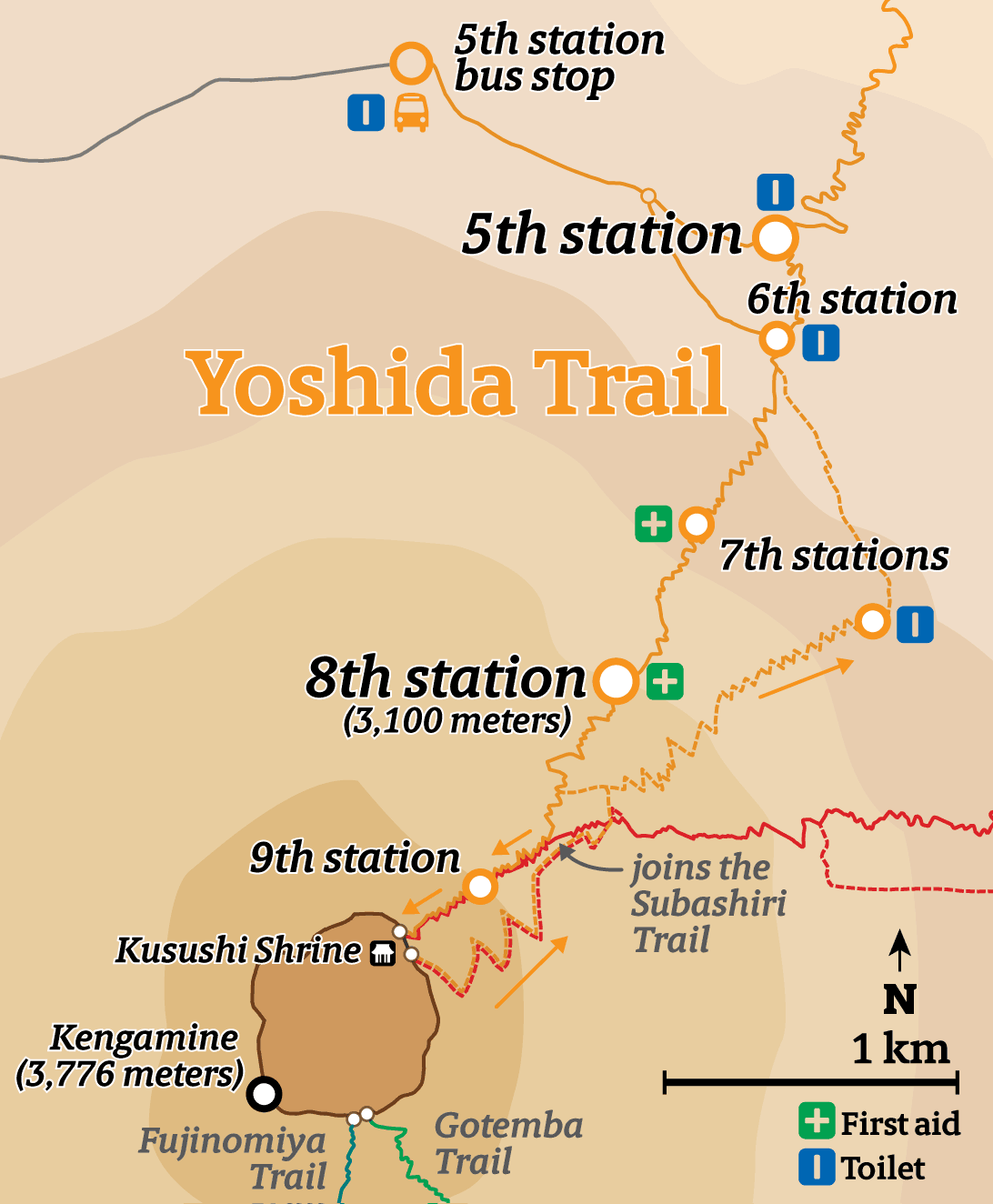
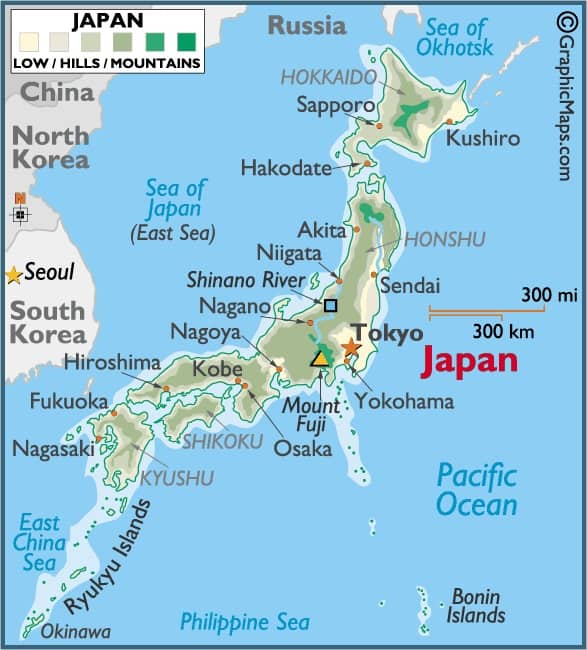
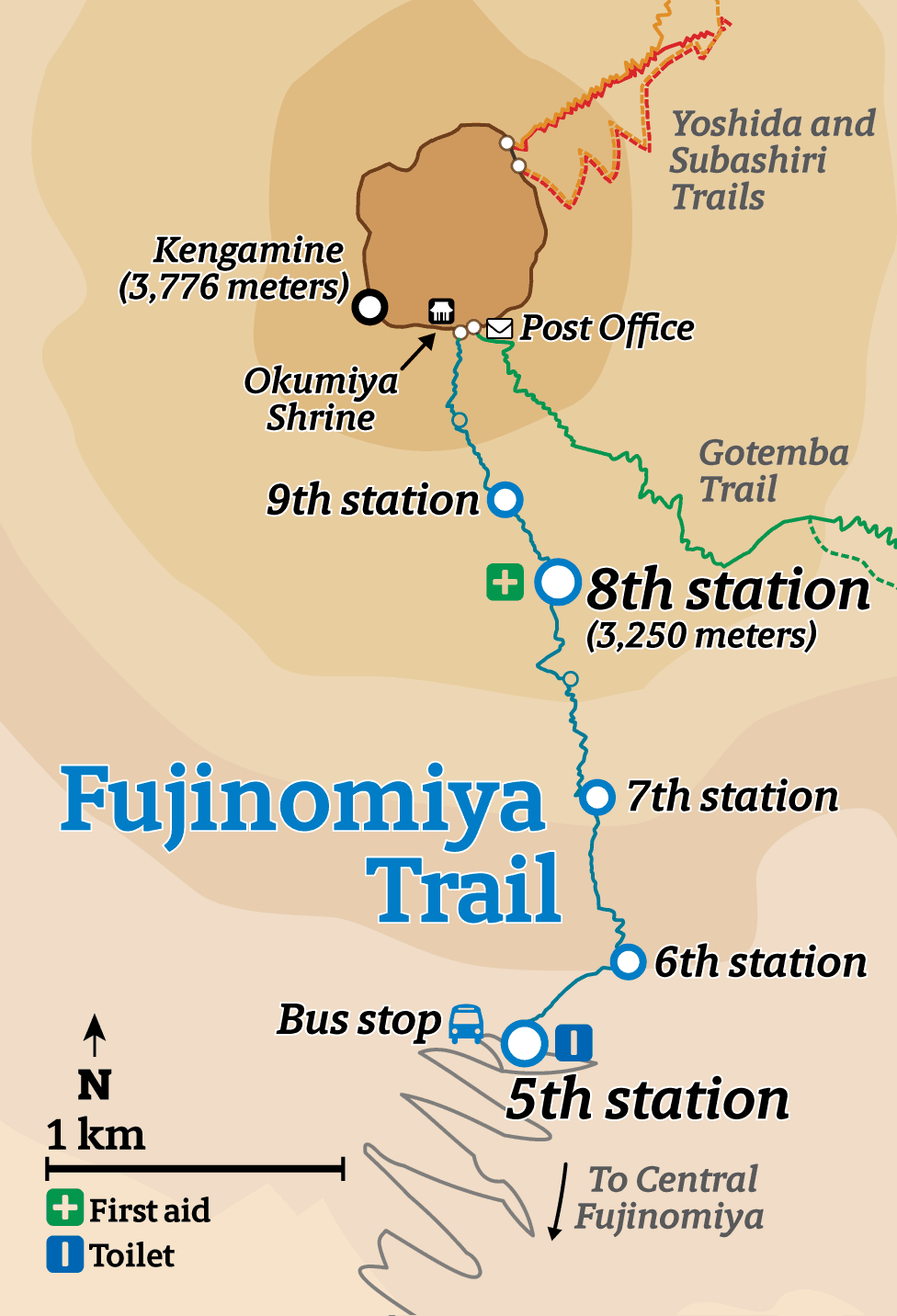
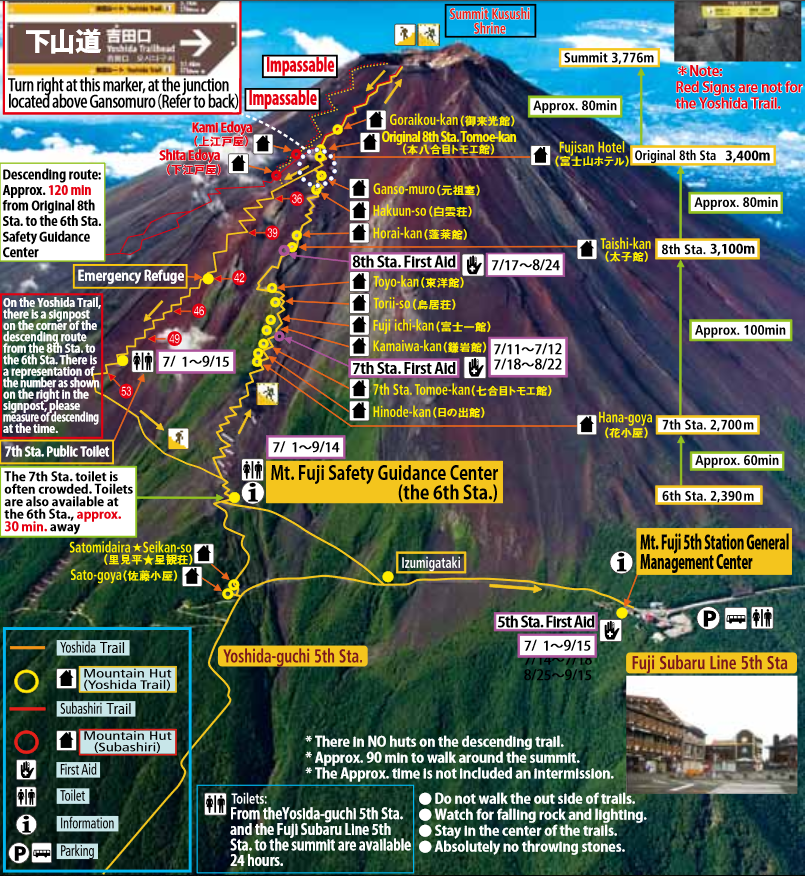
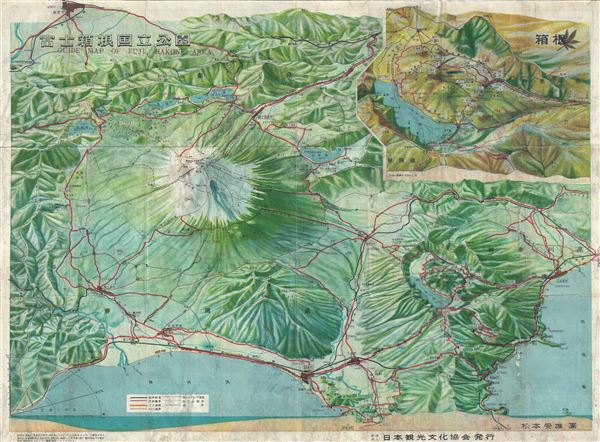
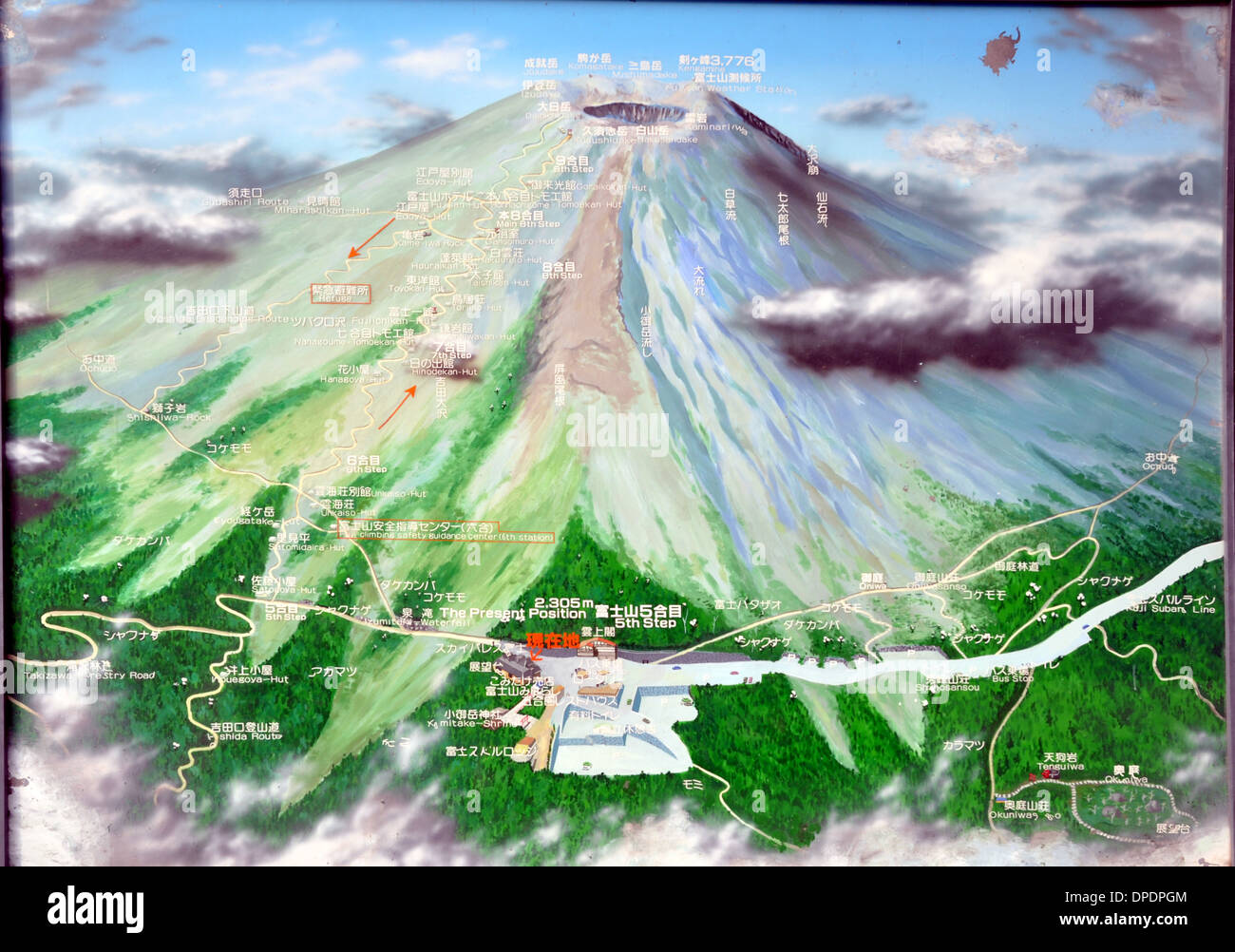


Closure
Thus, we hope this article has provided valuable insights into A Journey to the Summit: Unveiling the Location of Mount Fuji on the Map. We hope you find this article informative and beneficial. See you in our next article!